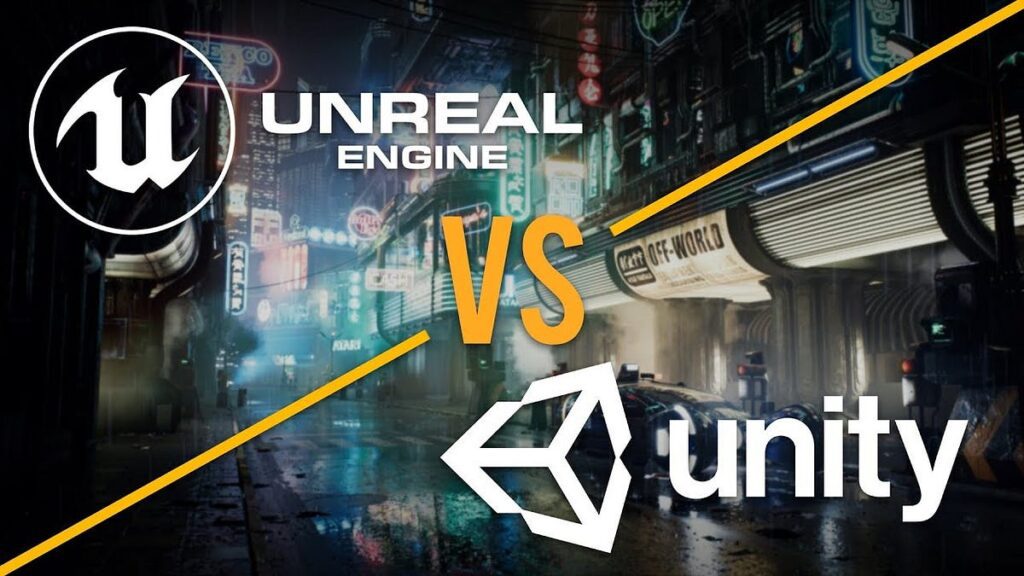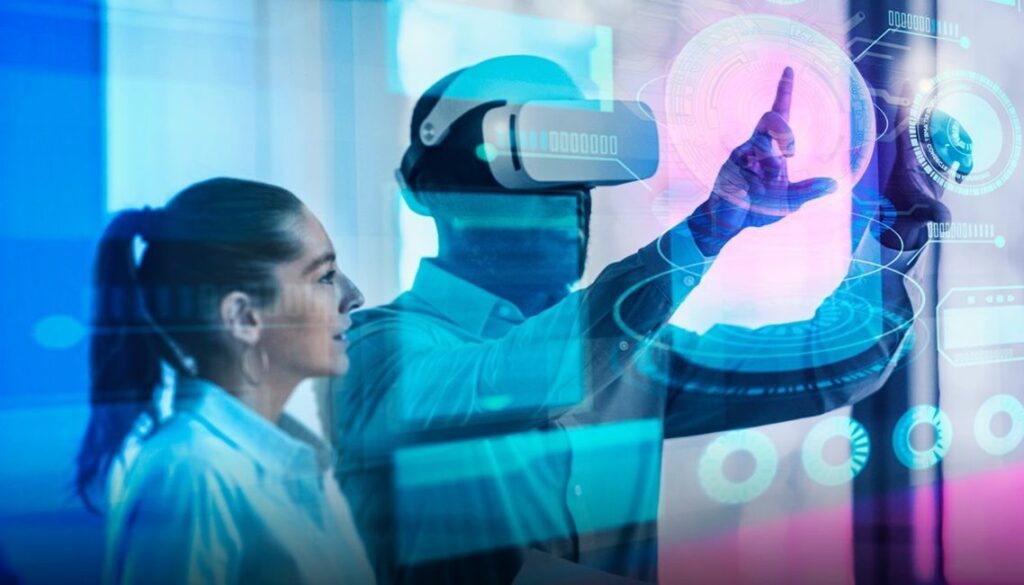The Metaverse has emerged as a transformative digital frontier, reshaping how we interact, create, and experience virtual environments. As a convergence of augmented reality (AR), virtual reality (VR), and blockchain technology, the Metaverse offers unprecedented opportunities for creators and developers. This article delves into the role of Metaverse creators in driving innovation within 3D environments, exploring real-world applications, technological advancements, and the implications for the gaming industry.
In recent years, the Metaverse has gained traction as a platform for immersive experiences, with a projected market size of $1 trillion by 2030 (Bloomberg, 2021). This growth is fueled by advancements in 3D modeling, real-time rendering, and user-generated content, enabling creators to build expansive virtual worlds that engage users in novel ways. The integration of blockchain technology further enhances the Metaverse by providing decentralized ownership and monetization opportunities for creators.
The Role of Metaverse Creators
Metaverse creators are the architects of virtual environments, responsible for designing, developing, and populating these digital spaces. Their work encompasses a wide range of disciplines, including 3D modeling, animation, game design, and user experience (UX) design. As the Metaverse evolves, the demand for skilled creators has surged, leading to the emergence of new tools and platforms that facilitate the creation process.
Tools and Technologies Empowering Creators
Several tools and technologies have emerged to empower Metaverse creators. Platforms like Unity and Unreal Engine provide robust environments for developing 3D applications, offering advanced rendering capabilities and physics simulations. These engines support the creation of highly detailed and interactive worlds, enabling developers to push the boundaries of what is possible in virtual environments.

Unity and Unreal Engine are both powerful game engines that offer a wide range of features for creating virtual environments.
Moreover, the rise of no-code and low-code platforms, such as Roblox Studio and Decentraland, democratizes the creation process, allowing individuals without extensive programming knowledge to build and monetize their virtual experiences. According to a report by Newzoo (2022), the global gaming market is expected to reach $218.7 billion by 2024, with user-generated content playing a significant role in this growth.
Real-World Applications of Metaverse Creation
The applications of Metaverse creation extend beyond gaming, impacting various industries such as education, real estate, and social interaction. For instance, in education, platforms like Engage and VirBELA offer immersive learning experiences that enhance student engagement and retention. A study by PwC (2021) found that VR training can increase retention rates by up to 75% compared to traditional methods.
In the real estate sector, virtual property tours have become increasingly popular, allowing potential buyers to explore properties remotely. Companies like Matterport leverage 3D scanning technology to create interactive virtual tours, providing a comprehensive view of properties without the need for physical visits. This innovation not only saves time but also enhances the buying experience.
Gaming Innovations in the Metaverse
The gaming industry is at the forefront of Metaverse innovation, with titles like Fortnite and Roblox leading the charge. Fortnite has evolved from a battle royale game into a social platform, hosting virtual concerts and events that attract millions of players. In 2020, a virtual concert featuring Travis Scott drew over 12 million concurrent players, showcasing the potential of the Metaverse as a social space (Epic Games, 2020).
Roblox, on the other hand, has created a thriving ecosystem for user-generated content, allowing players to design their own games and experiences. As of 2021, Roblox reported over 40 million daily active users, with a significant portion of its revenue generated from in-game purchases made within user-created experiences (Roblox Corporation, 2021). This model not only empowers creators but also fosters a sense of community among players.
The Impact of Blockchain on Metaverse Creation
Blockchain technology plays a crucial role in the Metaverse by enabling decentralized ownership and monetization of digital assets. Non-fungible tokens (NFTs) have gained popularity as a means of representing ownership of unique digital items, such as virtual real estate, avatars, and in-game assets. According to NonFungible.com, the NFT market reached a valuation of $10.7 billion in 2021, highlighting the growing interest in digital ownership (NonFungible.com, 2021).
Platforms like Decentraland and The Sandbox leverage blockchain to create virtual worlds where users can buy, sell, and trade virtual land and assets. This decentralized approach not only empowers creators but also fosters a sense of ownership and investment in the virtual economy. As the Metaverse continues to evolve, the integration of blockchain technology will likely play a pivotal role in shaping its future.
Challenges and Considerations for Creators
Despite the exciting opportunities presented by the Metaverse, creators face several challenges. One significant hurdle is the need for interoperability between different platforms and ecosystems. As the Metaverse expands, ensuring that assets and experiences can seamlessly transition between various environments will be crucial for fostering a cohesive user experience.
Additionally, creators must navigate issues related to copyright and intellectual property rights in the digital space. As user-generated content becomes more prevalent, establishing clear guidelines for ownership and usage rights will be essential to protect creators and their work.
Future Trends in Metaverse Creation
Looking ahead, several trends are likely to shape the future of Metaverse creation. The rise of artificial intelligence (AI) and machine learning will enable more sophisticated content generation and personalization, allowing creators to tailor experiences to individual users. Furthermore, advancements in haptic technology will enhance immersion, providing users with tactile feedback that mimics real-world interactions.

Haptic technology will enhance user immersion and interaction.
As the Metaverse continues to evolve, the integration of social and economic systems will become increasingly important. The development of decentralized finance (DeFi) within the Metaverse could create new monetization opportunities for creators, allowing them to earn revenue through various channels, such as virtual goods sales, subscriptions, and advertising.
Key Takeaways
The Metaverse represents a paradigm shift in how we create and interact with digital environments. As creators drive innovation in 3D spaces, they are not only shaping the future of gaming but also influencing various industries. The tools and technologies available to creators are evolving rapidly, enabling the development of immersive experiences that engage users in unprecedented ways. However, challenges such as interoperability and intellectual property rights must be addressed to ensure a sustainable and inclusive Metaverse.
In summary, the role of Metaverse creators is pivotal in driving innovation within 3D environments. By leveraging advanced tools, embracing blockchain technology, and navigating the challenges of the digital landscape, creators are poised to shape the future of the Metaverse and redefine how we experience virtual worlds.

